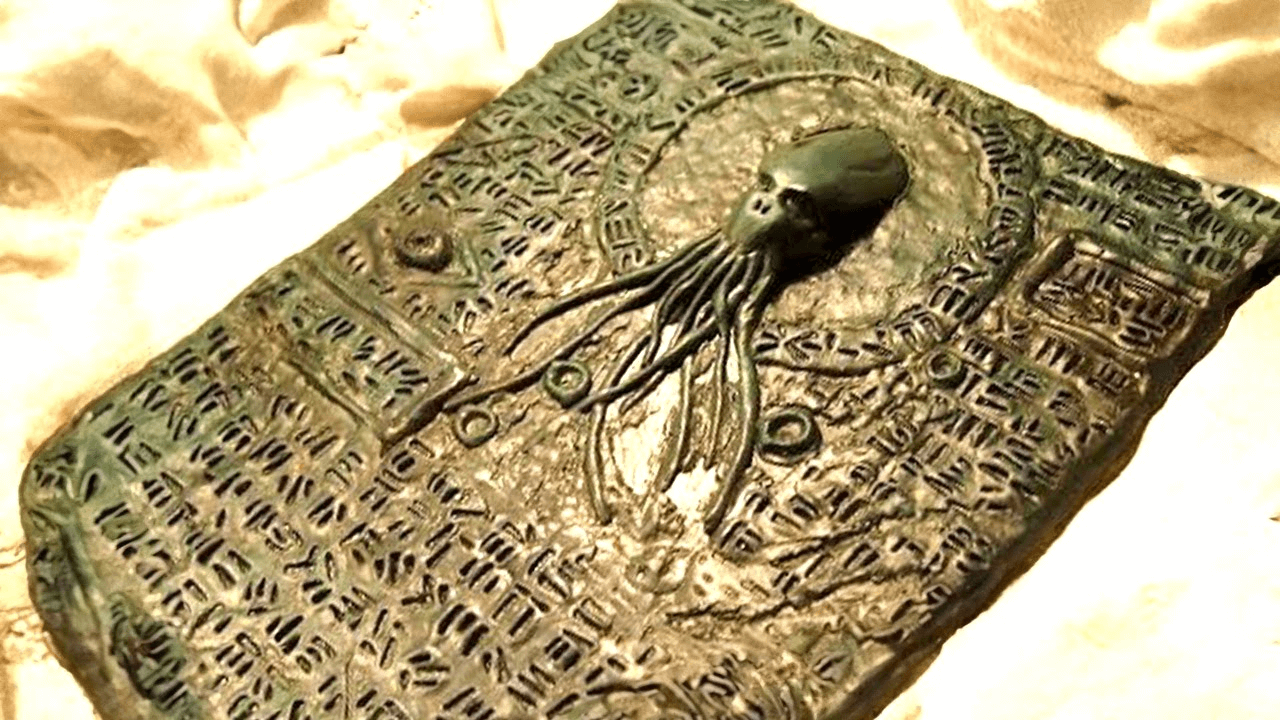The Book of Judith indeed offers a fascinating glimpse into ancient narratives that have sparked intrigue and controversy for centuries. Its exclusion from the modern Christian Bible has only added to its mystique, prompting scholars and believers alike to delve deeper into its contents in search of hidden truths.
The tale of Judith, a courageous Jewish widow, is one of valor and cunning as she uses her beauty and wit to thwart the enemy threatening her homeland. Her actions, depicted in vivid detail within the pages of the book, showcase themes of heroism and divine intervention, yet they also delve into morally ambiguous territory, particularly concerning the methods Judith employs to achieve her goals.
While the Book of Judith is not considered canonical in the Hebrew Bible, it holds significance in other religious traditions, such as the Catholic and Eastern Orthodox Christian Old Testament, where it is included as part of the Apocrypha. This distinction underscores the varying perspectives on its authenticity and divine inspiration.
The linguistic origins of the book add another layer of complexity to its interpretation, with debates persisting over whether it was originally written in Hebrew, Aramaic, or Greek. Regardless of its linguistic roots, the story's enduring appeal lies in its portrayal of a courageous woman who defies societal norms to safeguard her people.
As we delve into the depths of this ancient text, we are reminded of the complexities of faith, morality, and the enduring quest for understanding in the face of enigmatic scriptures that continue to challenge and provoke thought.







